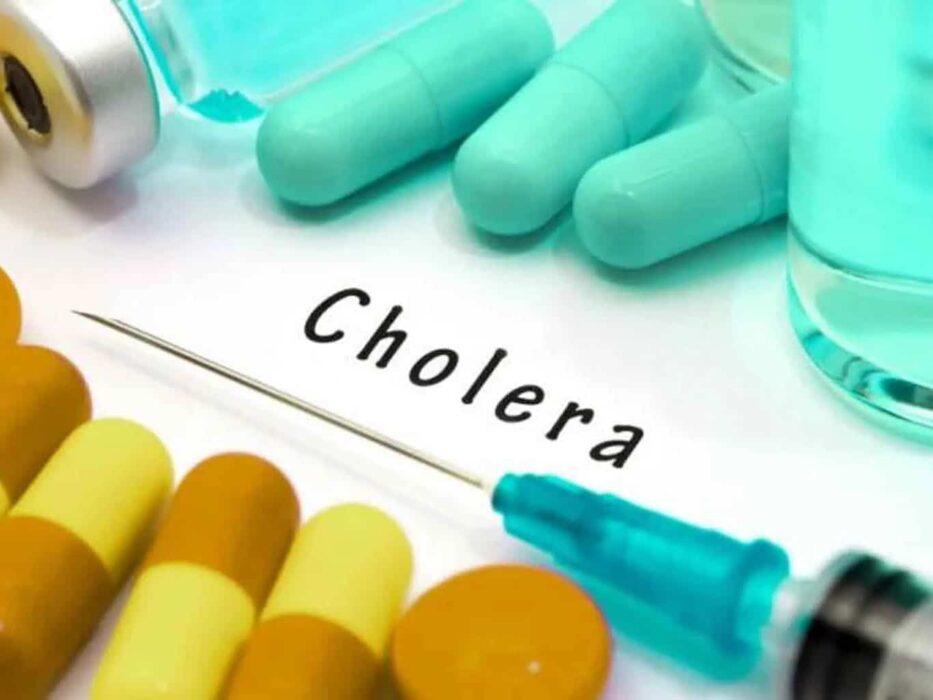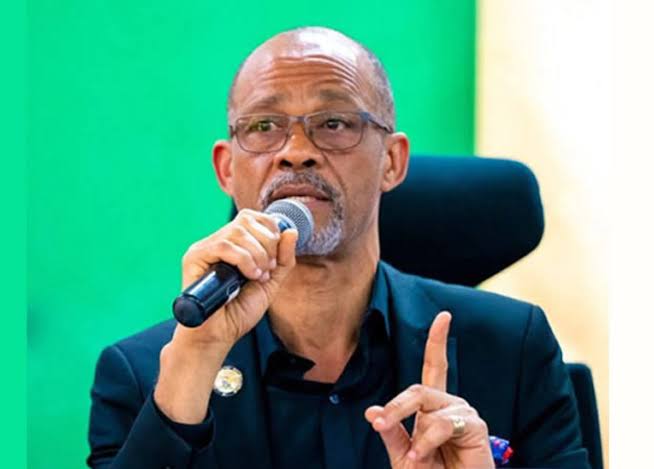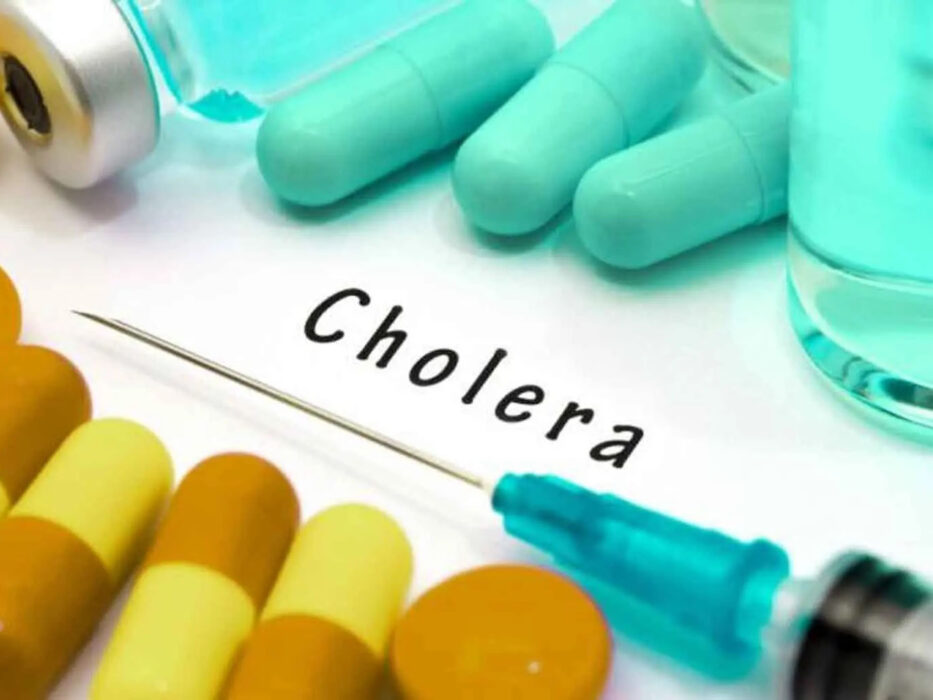A cholera outbreak in Ijebu-Igbo, Ijebu-North Local Government Area of Ogun State, has claimed the life of a 62-year-old woman and hospitalized five others. The deceased woman contracted cholera while caring for her infected child, who is among those currently receiving treatment.
The incident, which occurred three days ago, was confirmed by the Commissioner for Health, Dr. Tomi Coker. "A 62-year-old woman died, and five persons were hospitalized. It happened in Ijebu-Igbo in the Ijebu-North local government area of the state," Dr. Coker stated.
Dr. Kunle Ashimi, Chairman of the Nigerian Medical Association (NMA) in Ogun, acknowledged the widespread impact of the cholera outbreak, which has affected over 30 states across Nigeria. He emphasized that treatment would be provided free of charge at designated facilities and urged residents to adopt preventive measures to curb the spread of the disease.
Dr. Ashimi advised, "Patients will be transported to and treated free at the facilities designated for the management of cholera cases across the state. We appeal to our people to practice preventive measures, including avoiding open defecation, indiscriminate refuse dumping, washing hands regularly, thoroughly washing fruits and vegetables before consumption, and treating water before drinking, either by boiling or using chemical purifying agents. If these methods are not available, two drops of plain household bleach in one liter of water is a good alternative."
He also called on schools to monitor food, fruit, and snack vendors to ensure proper hygiene practices and to reintroduce hand washing stations, similar to those used during the COVID-19 pandemic.












